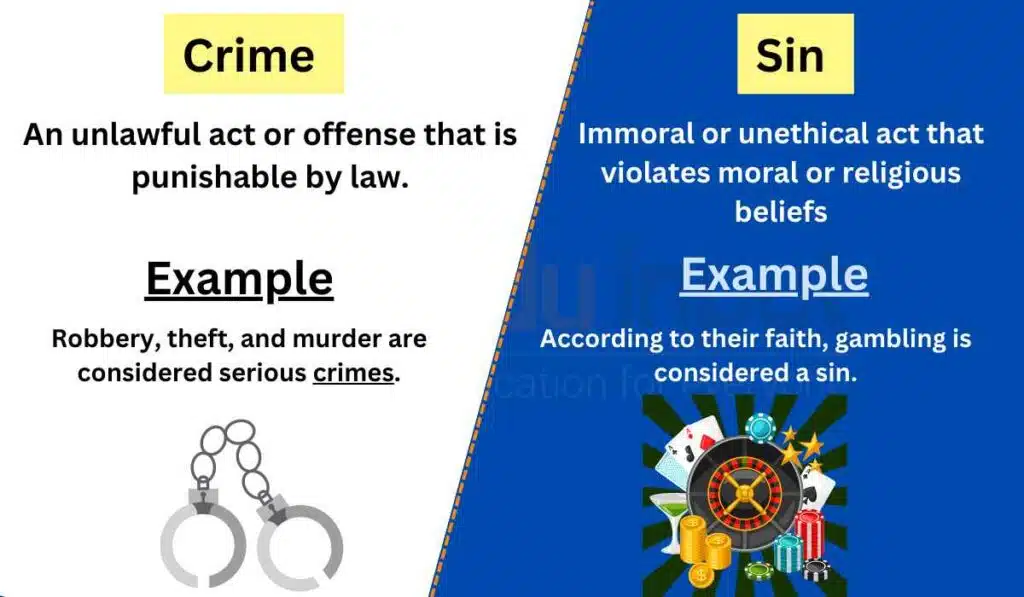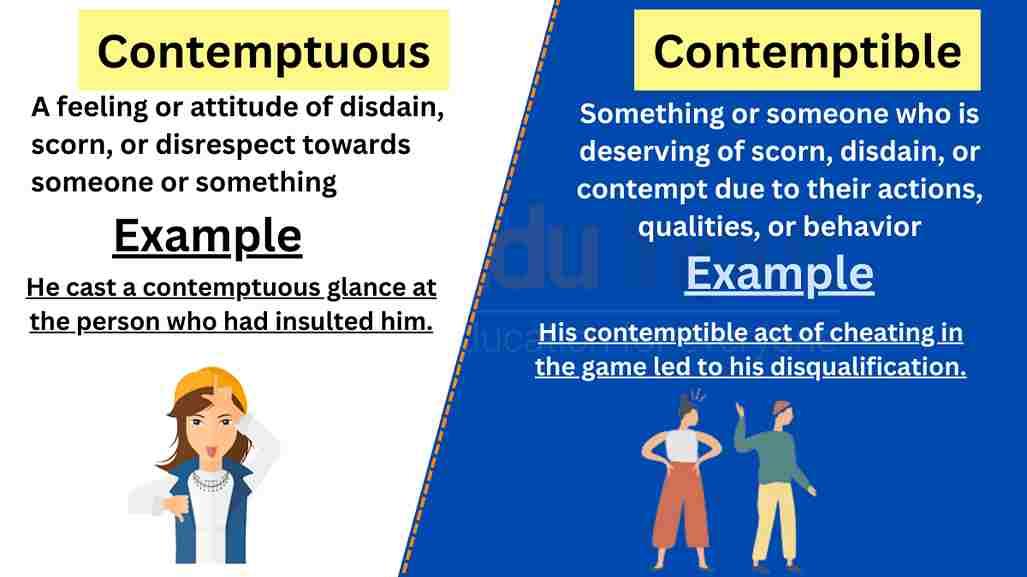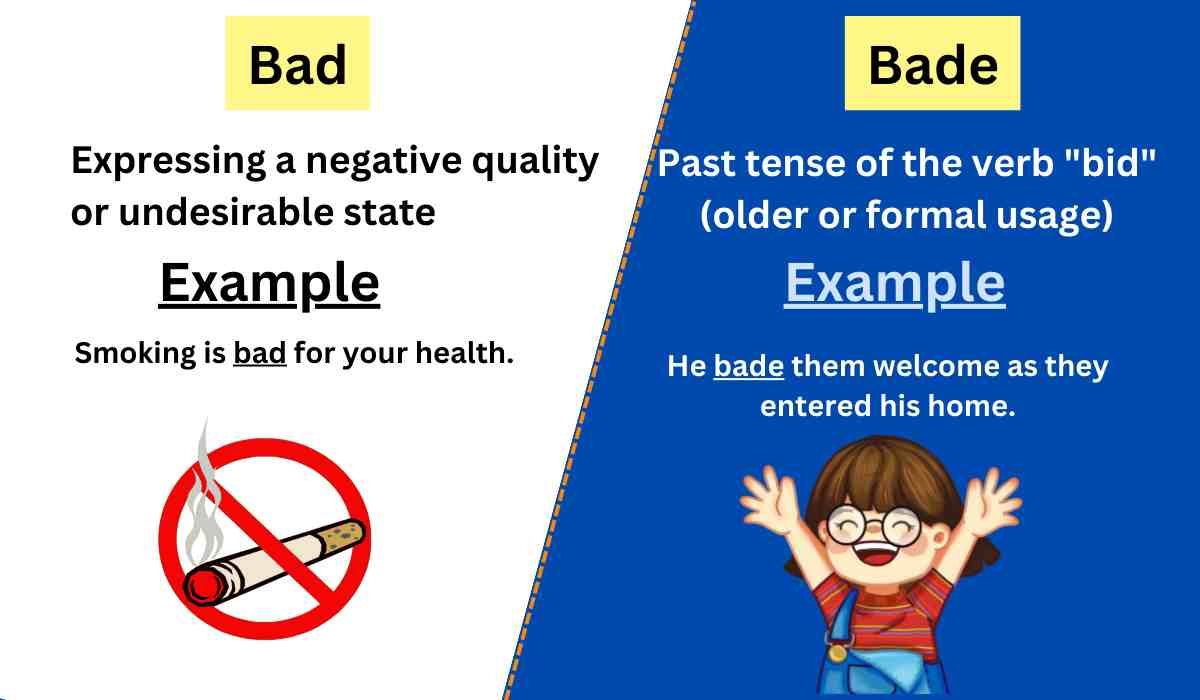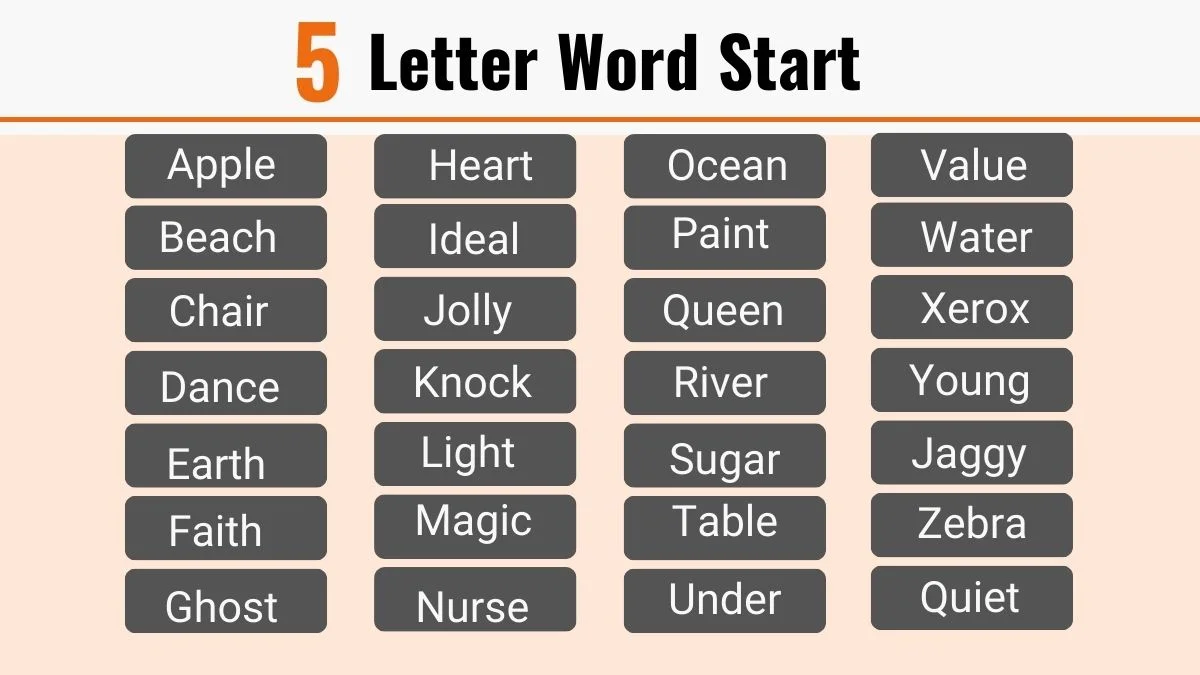Crime vs. Sin-Difference between and Examples
Crime and sin are two terms commonly associated with wrongdoing, but they originate from different spheres—legal and moral.
Understanding the distinction between crime and sin is important for comprehending their implications and societal contexts.

In this article, we will explore the meanings of crime and sin, provide examples to illustrate their usage, and highlight the differences between the two
Meanings and Examples
Crime Meaning
Noun: Crime refers to an unlawful act or offense that is punishable by law.
Crime Examples
- Robbery, theft, and murder are considered serious crimes.
- The suspect was charged with committing a financial crime.
- The court handed down a severe sentence for the committed crime.
- The police are investigating the crime scene to gather evidence.
- Vandalism is a crime that can result in penalties and legal consequences.
Sin Meaning
Noun: Sin, primarily associated with religious or moral contexts, refers to an immoral or unethical act that violates one’s moral or religious beliefs.
Sin Examples
- Lying and cheating are considered sins in many religious teachings.
- According to their faith, gambling is considered a sin.
- He confessed his sins to the priest during the religious ceremony.
- Forgiveness and repentance are important concepts in dealing with sins.
- Some people believe that pride is the root of all sins.
Differences Between Crime and Sin
Here are the main Differences Between Crime and Sin:
| Criteria | Crime | Sin |
|---|---|---|
| Meaning | Unlawful act or offense punishable by law | Immoral or unethical act that violates moral or religious beliefs |
| Usage | Primarily in legal contexts | Primarily in religious or moral contexts |
| Punishment | Legal consequences, such as fines, imprisonment, or probation | Moral consequences, such as guilt, spiritual consequences, or repentance |
| Societal Impact | Impacts society as a whole, affecting public order and safety | Personal and spiritual impact, affecting individual morality and relationship with a higher power |
Usage in a Paragraph
In society, crimes are offenses that are defined and regulated by legal systems. They are considered acts that disrupt public order, safety, or property rights. The legal consequences of crimes include fines, imprisonment, or probation, and they aim to deter further unlawful behavior and protect the rights and well-being of individuals.
In contrast, sins are seen as moral or religious transgressions. They violate personal and spiritual beliefs and carry consequences on an individual level, impacting one’s relationship with oneself and a higher power. Sins are often addressed through repentance, forgiveness, and adherence to moral or religious teachings.
While crimes and sins are distinct in their nature and implications, both involve the violation of established norms, whether they be legal or moral.







Leave a Reply